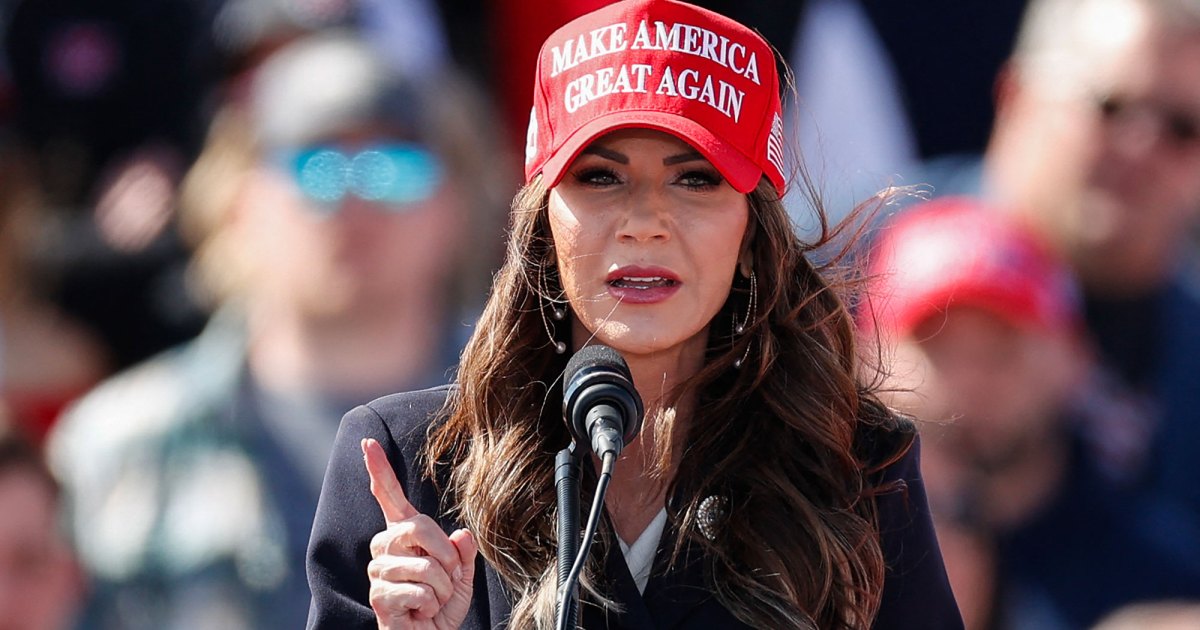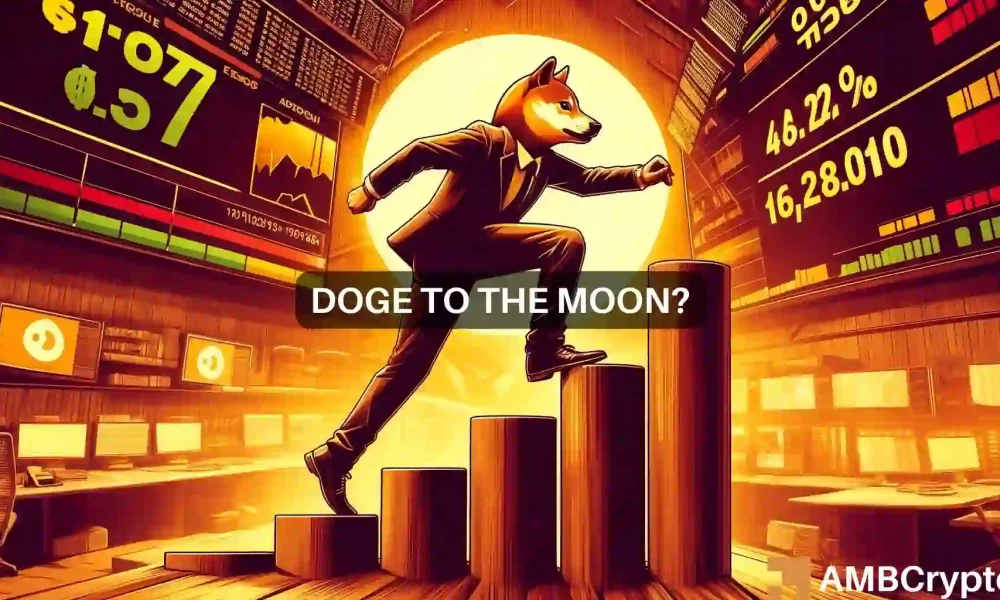NUCLEAR-CAPABLE Iran has managed to bomb three countries in just two days.
Its airstrikes on Pakistan, Syria and Iraq come as its proxy forces the Houthis attack global shipping on a fourth front, in the Red Sea.
Then there are the terrorist groups it funds waging war with Israel — Hamas in the Gaza Strip and Hezbollah firing rockets from Lebanon.
So should we all be worrying about World War Three breaking out in the tinderbox Middle East? Certainly not.
The two mass global conflicts of the last century were world wars because they united lots of regional conflicts.
The First World War was a fight between empires wherever they existed.
READ MORE GLOBAL POLITICS
The Second World War was about ideology — liberal democracies fighting fascism.
Iran, while not looking to start a world war, is certainly a malign actor in the Middle East.
One of the world’s oldest civilisations, its leaders have loathed the West since the Islamic revolution of 1979.
That year its last shah — or king — Mohammad Reza Pahlavi was toppled and the oil-rich nation became an Islamic republic under its first Supreme Leader Ayatollah Khomeini.
Most citizens follow the Shia branch of Islam while its regional rival, Saudi Arabia, is Sunni majority.
So why is Iran a malign actor?
It has two massive internal problems.
Firstly, it has a very young population who are being increasingly oppressed by elderly dictators in this brutal theocracy (a country ruled by religious leaders).
The country is run by very old men who are scared of young women.
In 2022, Mahsa Amini, 22, died in suspicious circumstances after being arrested by morality police for not wearing the hijab properly.
Eyewitnesses said she was brutally beaten by police. This was denied by authorities but led to widespread protests which are still ongoing.
The second problem is that Khomeini’s successor as Supreme Leader, Ayatollah Khamenei is 84, not in good health and this has led to a crisis over who should succeed him.
President Ebrahim Raisi, who will serve until 2025, is a conservative hardliner identified with brutal suppression and many executions.
Meanwhile the Islamic Revolutionary Guard Corps, a military force upholding ideals of the 1979 revolution, are almost out of control.
We don’t know enough about the decision-making process that takes place between these three powers in the land.
In the current crisis, do the president and IRGC defer to the dying old man who is still Supreme Leader?
Or are they making their own decisions?
We don’t know.
So the succession crisis has made Iran very volatile. It has helped stoke conflict across the Middle East.
Nuclear threshold
Yet Iran knows it can’t afford to spark a regional war over Israel — which might draw in the US and certainly Saudi Arabia.
It would face probable defeat and the prospect of an internal collapse.
Instead, they are playing an increasingly dangerous game of brinkmanship.
This week has seen Iran bomb IS in Syria, hit the Kurdish region of Iraq and target a separatist group in Pakistan.
The worry for the West is whether it will accidentally ignite a conflict.
Our own Defence Secretary, Grant Shapps, warned this week of a “pre-war” world, adding: “In five years’ time we could be looking at multiple theatres including Russia, China, Iran and North Korea.”
He’s right to say Iran may become one of Britain’s most important adversaries.
It is a virtual nuclear power. It could test a nuclear weapon more or less whenever it wants.
It’s got enough enriched uranium, it’s got the technology — whether it works or not we don’t know.
If they did conduct a test, the Saudis would then go all out to acquire a bomb, as might Turkey.
But Iran may be happy as things are and not bother with a nuclear test.
It already has the prestige — everyone knows it has the capability with-out having to cross the nuclear threshold.
And what of Iran’s proxies now battling Israel?
With their terrorist attack on October 7, Hamas hoped to ignite an all-out war on Israel.
It may yet happen as Israel carries on its assault on Gaza. but hasn’t yet.
I’m confident Iran didn’t know about the October 7 attack beforehand.
They were surprised and it left them in a dilemma — they have to support it but don’t want to be dragged into a regional war.
Hezbollah, the powerful militia group they control, based in Lebanon, hasn’t launched its threatened all-out war.
So Iran doesn’t want to cross the line into large-scale conflict, yet its military adventures on so many fronts could drag it into one by accident.
It’s a very insecure and volatile country. Often, it doesn’t appear in control of events it provokes.
Its apparent appetite for foreign intervention fails to mask deep problems at home.

Gregory Daniels is your guide to the latest trends, viral sensations, and internet phenomena. With a finger on the pulse of digital culture, he explores what’s trending across social media and pop culture. Gregory enjoys staying ahead of the curve and sharing emerging trends with his readers.










